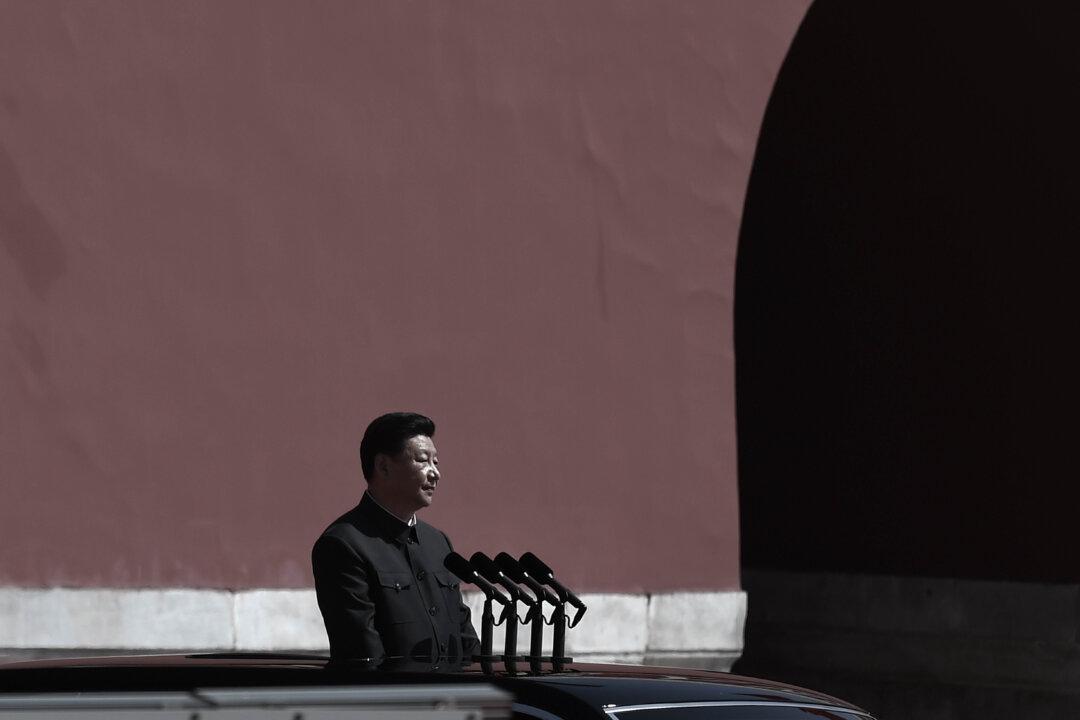The Chinese Communist Party held one of its largest ever military parades on Sept. 3: With over 10,000 troops, 27 tank and armored vehicle formations, 10 aircraft formations, and a formidable display of China’s latest weaponry. Before it was held, the event was rattling nerves in the region.
Ostensibly, the parade was meant to celebrate the 70th anniversary of China’s defeat of Japan in the second world war.
But analysts of elite Chinese politics said there is a more compelling explanation for the event, and it doesn’t involve external enemies.
The troop review is an oath of loyalty. It's the soldiers and officers of the three forces pledging their incomparable loyalty and staunch support to Party Central and Chairman Xi.
, deputy commander





